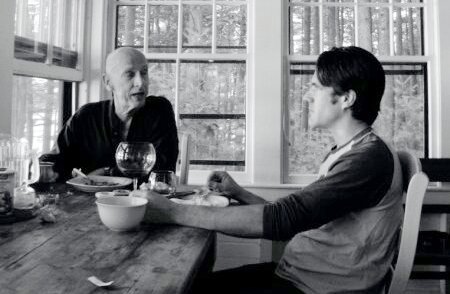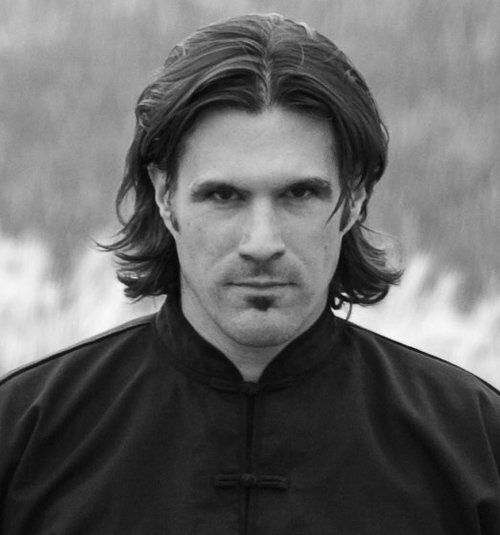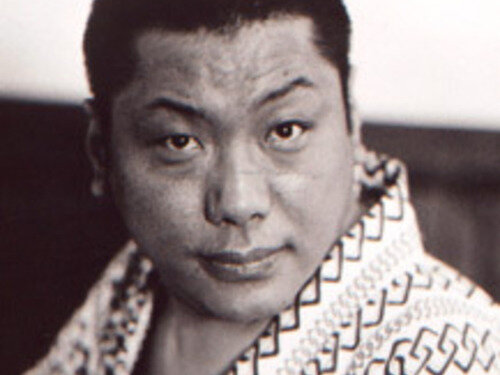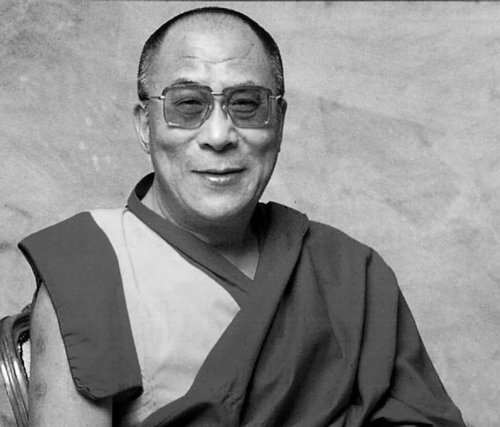
When the Buddha Needs Therapy
If you consider yourself spiritual, you might be moving away from your goal. In fact, that's almost certainly the case.
We all know people who are a little too identified with their spirituality. You know the types. The ones who describe themselves as empaths and lightworkers but seem like they would benefit more from a few psychotherapy sessions than another cacao ceremony. Or the spiritual seekers who always seem to be chasing another spiritual experience, be it through ayahuasca, retreats, workshops, or an endless consumption of books -- as their ability to be fully in this world seems to grow more tenuous.
Unfortunately, it’s not that different with us.
The Heart of Zen
Spiritual teachers just don't seem to be able to keep their hands off their students. Sex scandals go back for as long as there have been spiritual teachers, and right into today (John Friend, Sasaki Roshi, Bikram Choudhury).
Let's cut through the bullshit, and talk about what's really going on.
This is a provocative excerpt from The Heart of Zen.
Like many teachers before him, Jun Po Denis Kelly Roshi is in the unenviable position of speaking about something that he has inhabited deeply, but that we, as his students and audience, likely have not.
Using language, then, can be tricky, which is why generations of Zen masters have used koans, those seemingly enigmatic questions and riddles used to challenge students who seek to understand things within the level of their current understanding.
Question: Does anyone ever completely overcome the ego? The Buddha did, right?
Jun Po Roshi: I'll get to that in a minute. For now. let me say that the ego insists on its view. It does not want to change; it will not be successfully bullied, overpowered, or fought. Who, exactly, will overpower your ego, anyway?
Keith Martin-Smith: That’s what Zen masters are for.
Why is it that even after years of meditation practice and deep spiritual insight, people can still be reactive, petty, and driven by their emotional reactions, instead of able to choose compassionate responses? In short, why are so-called spiritual people by and large still as narcissistic as the rest of us?
Virtually every human being has had some kind of either spontaneous connection to a higher state, or one that happened as a result of spiritual practice. Yet those experiences inevitably fade. Just what is happening here, and what can we learn from it?
A Heart Blown Open
Jun Po Denis Kelly Roshi sits across from me on a rainy morning in Massachusetts in 2009, a black hood draped over his head. We are on the porch of an old lake home, overlooking a small stand of trees and then, through an opening in the underbrush, water.
We are both holding steaming cups of coffee, and even though it is late June our hands huddle around the cups for warmth.
Anger had so long been a part of who I was; I was angry at my upbringing, angry at the Catholic Church of my youth, angry at my bank account, angry at my girlfriend, angry at the world, and often angry at myself. What would it mean to live in a world where anger was inconceivable?
Later that year Kelly returned to Boston to serve as the Tenzo, or cook, for Trungpa and the 16th Karmapa, Rangjung Rigpei Dorjé. The position was an honorable one, and Kelly spent a month preparing, learning the finest Japanese preparation for the six-pound red snapper he was going to cook.
In the mid 1990s, Kelly and another dozen American Buddhist teachers were invited to visit the Dalai Lama in India.
“You’re going to India?” Sandra asked him, amazed. “To meet the Dalai Lama, personally?”
Kelly looked at the invitation in his hands. “Well, guess it’s time to go and see dad,” he said with a grin. “Find out if we’ve been bad boys and girls, or good ones.”











My teacher, Junpo Denis Kelly Roshi, was a Rinzai Zen master. As such, he often said things intended to irritate listeners in a way that would cause them to reflect more deeply on their beliefs. It is our beliefs, more than anything, that obscure us from the deeper clarity sought through a spiritual practice.
One of his favorite sayings was, “The only trouble with Zen, and with psychotherapy, is they don’t work.”
That is a very interesting thing for a Zen master and lineage holder to say; especially one who was the head abbot of his own school of Zen, and who spent many years in ongoing forms of psychotherapy, even well into his later 60s.